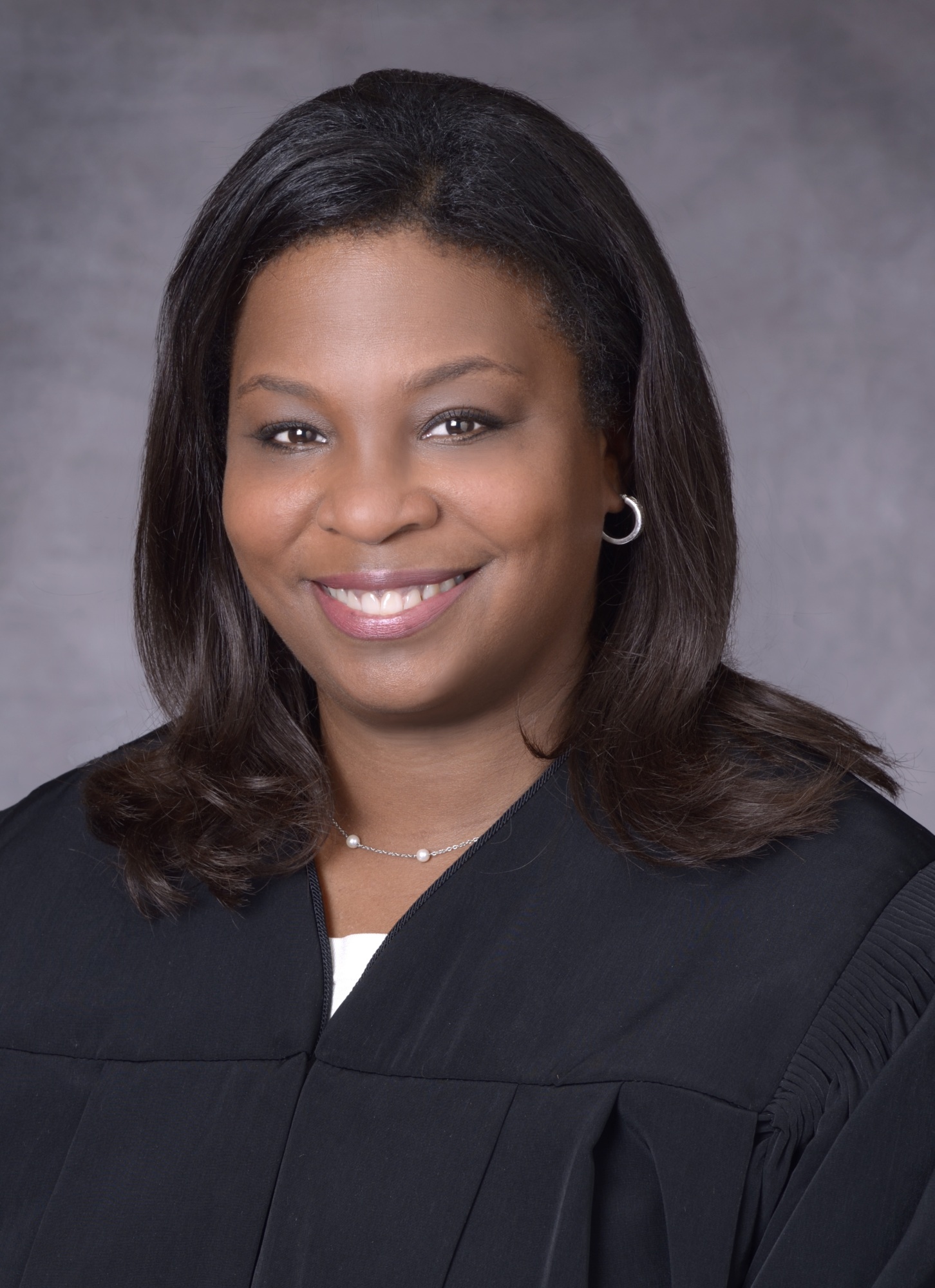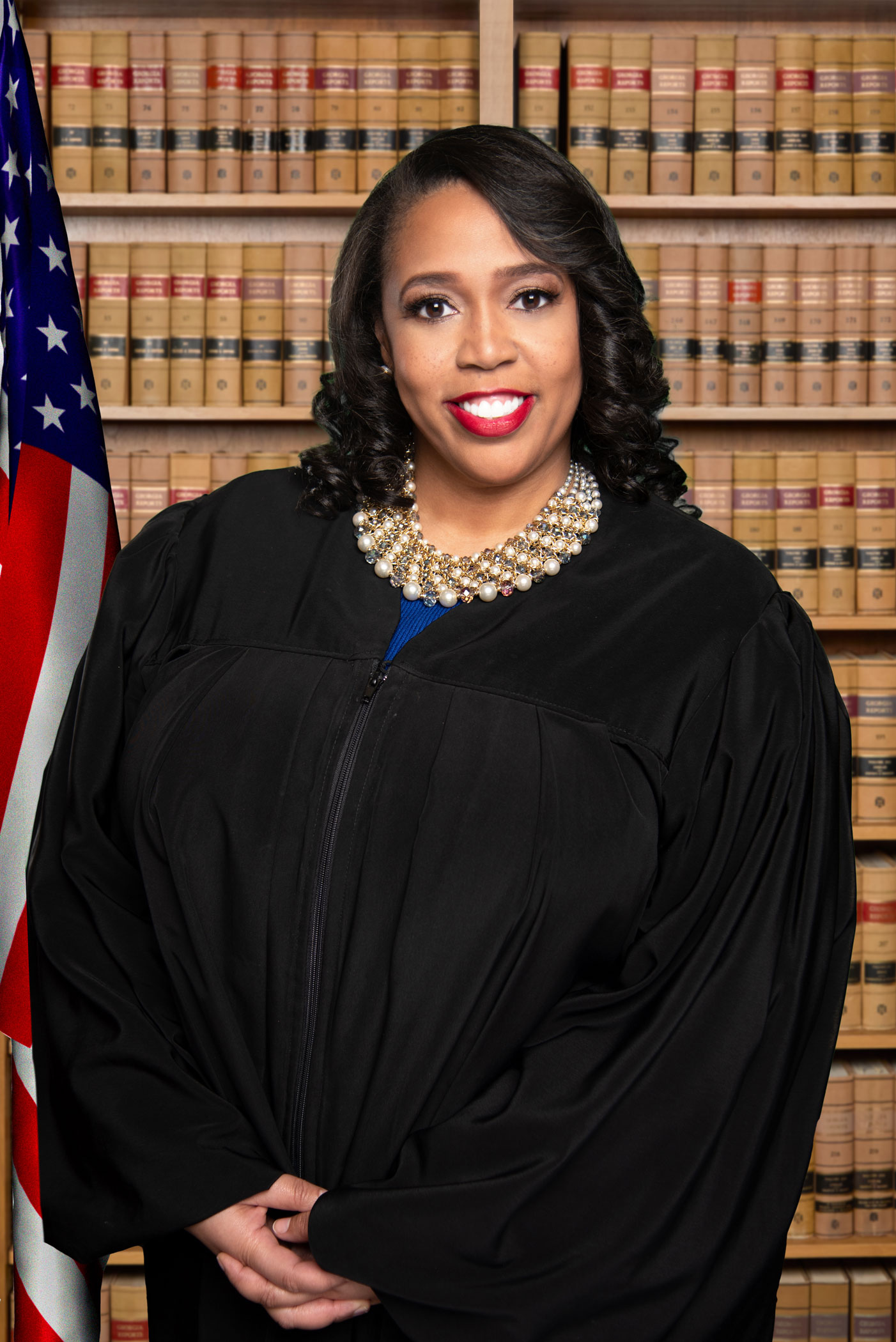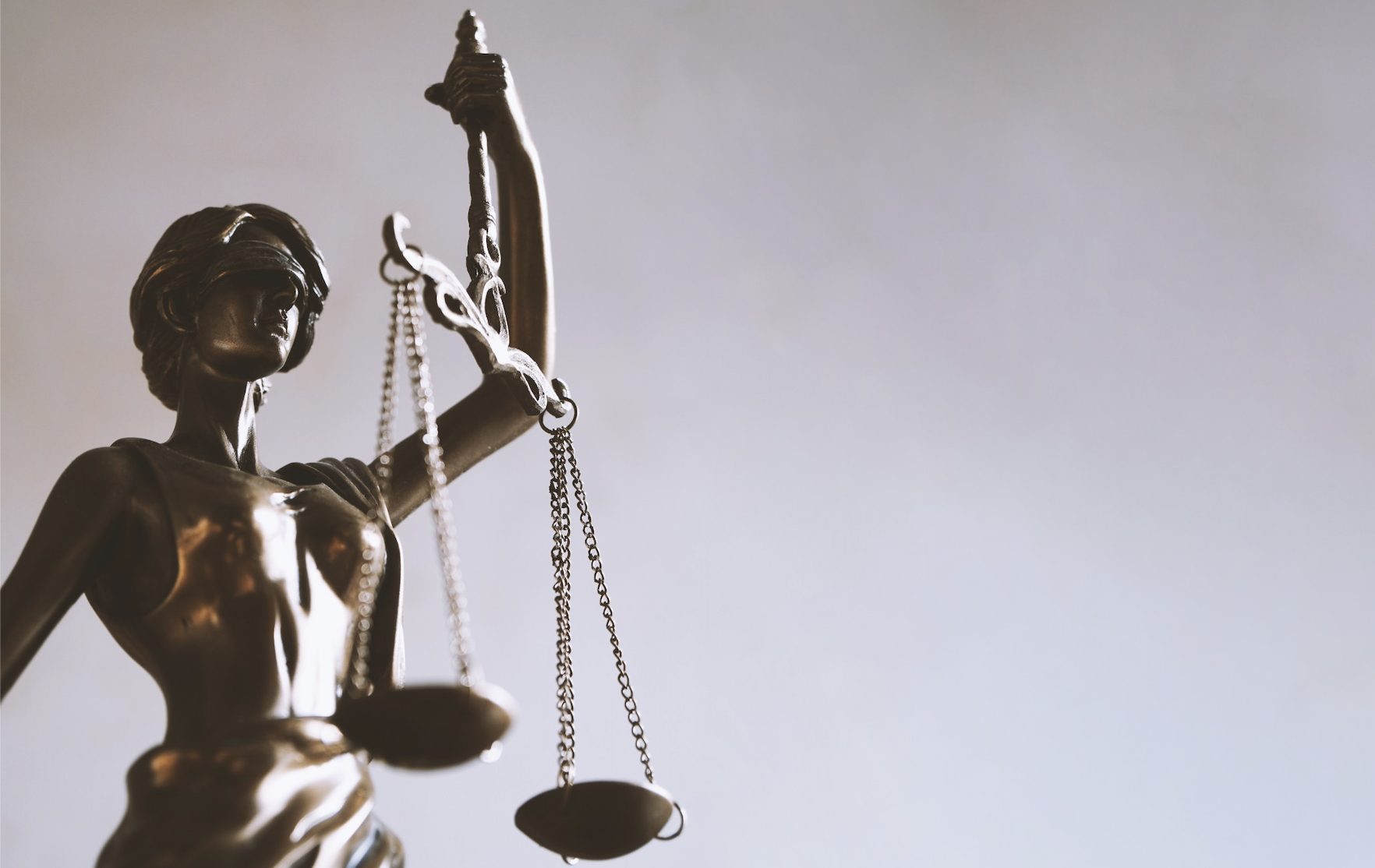Judge Michelle Williams Court - A Look At Her Role
When we think about the justice system, it's pretty clear that judges hold a spot of great importance. They are, in a way, the central figures in our courts, responsible for ensuring that legal processes unfold fairly for everyone involved. Their work really touches upon so many aspects of our daily lives, even if we don't always see it directly.
These individuals carry a significant weight, actually, because their decisions can truly shape outcomes for people, businesses, and even the larger community. They are the ones who, more or less, guide the flow of legal arguments, making calls on what information can be considered and how rules apply. It's a role that demands a careful approach and a deep grasp of how the law works.
Among those who serve in this critical capacity is Judge Michelle Williams Court, a figure whose contributions to the legal landscape have been quite notable. Her career offers a good example of the dedication and careful thought that goes into judicial service, from local settings to the federal level, which is something we'll explore.
- White Coat Ceremony Outfit
- Full Sleeve Angel Tattoo
- Chen Senior
- I Love You Too In French
- Julie Chen Moonves Book
Table of Contents
- Biography of Judge Michelle Williams Court
- What Does a Judge Do in a Courtroom?
- How Does Judge Michelle Williams Court's Role Change with Different Cases?
- What is the Importance of a Judge's Authority?
- Where Does Judge Michelle Williams Court Serve Now?
- Judge Michelle Williams Court's Path to the Bench
- The Daily Life of a Judicial Figure
- The Human Impact of Judicial Decisions
Biography of Judge Michelle Williams Court
Judge Michelle Williams Court, born in 1966, has spent a good portion of her professional life serving the public through the legal system. Her journey has seen her move through different levels of the court structure, taking on various responsibilities along the way. She has, in some respects, built a career marked by significant appointments and a consistent presence in important legal proceedings. It's quite interesting to see how her professional life has unfolded, moving from one significant role to another, really.
Her work began in the Los Angeles County Superior Court, where she served for a substantial period. This initial appointment laid the groundwork for what would become a very distinguished path. It's almost as if each step she took prepared her for the next, larger challenge, which is typically how these things go in the legal field. She gained a wealth of practical experience during these years, which is absolutely vital for someone in her position.
More recently, her career has taken her to the federal level, a move that represents a considerable advancement. This shift means her responsibilities have expanded, and she now handles matters that affect a broader scope of individuals and issues. It's a pretty big deal, actually, to be appointed to such a position, reflecting a high level of trust and recognition of her capabilities.
Personal Details of Judge Michelle Williams Court
| Born | 1966 |
| Current Role | United States District Judge, United States District Court for the Central District of California |
| Previous Role (most recent) | Supervising Judge of the Civil Division, Los Angeles County Superior Court |
| Appointed to Los Angeles County Superior Court | 2011 (by former Governor Jerry Brown) |
| Nominated to U.S. District Court | April 24, 2024 (by President Joe Biden) |
| Confirmed by Senate | September 2024 |
What Does a Judge Do in a Courtroom?
A judge, at their core, is someone who makes judgments. This sounds simple, but it covers a lot of ground. During both civil disputes and legal actions, the person in the judge's chair makes the ultimate call on legal points. They act, in a way, like a referee between the different sides, ensuring that everyone plays by the established rules. This means they decide what information can be presented and what cannot, which is pretty important for a fair process.
Their responsibilities extend to quite a few areas, actually. They have the ability to direct law enforcement or other official personnel to carry out searches, make arrests, or even hold people in custody. They can also issue orders for seizing property or for financial deductions from wages. These are very significant powers, as a matter of fact, that directly affect people's lives and freedoms, so they are used with great care.
Most people, you know, understand that a judge oversees what happens in court. But their job involves more than just sitting on the bench. They are authorized to initiate inquiries into matters if they feel it's needed to get to the bottom of something. This means they aren't just passive observers; they can take an active part in ensuring justice is served, which is quite a serious responsibility.
How Does Judge Michelle Williams Court's Role Change with Different Cases?
The work a judge performs, including that of Judge Michelle Williams Court, can shift quite a bit depending on the kind of legal situation they are overseeing. For instance, the way a judge handles a dispute over property might be very different from how they manage a case involving a serious offense. Each type of case brings its own set of rules and procedures, and the judge must be ready to adapt their approach accordingly, which is quite a skill.
Moreover, the particular court where a case is heard also plays a part in shaping a judge's duties. A judge in a local court might deal with different types of issues than one serving in a state or federal court. So, you know, the environment and the specific legal questions presented mean that a judge like Judge Michelle Williams Court needs to be versatile and possess a broad understanding of various legal areas. It's not a one-size-fits-all kind of job, not at all.
This adaptability is a really key aspect of judicial service. A judge must be able to move from presiding over, say, a family matter one day to a complex business dispute the next, each requiring a slightly different application of legal principles and a particular way of managing the proceedings. It's a pretty demanding aspect of the job, actually, requiring constant mental agility and a deep well of legal knowledge.
What is the Importance of a Judge's Authority?
The authority held by a judge, and this certainly applies to Judge Michelle Williams Court, is something truly important. It means they possess the specific skills and official permission to make final calls on issues that are being argued in court. This isn't just about making personal choices; it's about applying established legal frameworks to real-world situations, which gives their decisions significant weight and official standing.
Judges are, in fact, given considerable governmental power. They are the ones who can order actions that have direct, sometimes profound, effects on individuals' lives and property. This could mean allowing an investigation to start, approving the holding of someone, or permitting the seizure of possessions. So, in a way, their authority is a cornerstone of how our society maintains order and resolves disagreements through legal means.
Because of this extensive power, the qualifications of a judge are very carefully considered. They need to have a deep familiarity with the law, certainly, but also the ability to apply it fairly and without bias. This is why, you know, appointments to high courts, like when Judge Michelle Williams Court was nominated for a federal position, are often subject to such thorough review. The public relies on their judgments being sound and just.
Where Does Judge Michelle Williams Court Serve Now?
Judge Michelle Williams Court has, for a significant period, been a part of the Los Angeles County Superior Court system. For twelve years, she was a presence there, serving the people of that large county. During her time, she took on the role of supervising judge for the civil division, which is a pretty big responsibility, overseeing many cases that involve disputes between individuals or organizations rather than criminal charges.
More recently, her career path has led her to a different, yet equally vital, post. She now serves as a United States District Judge for the United States District Court for the Central District of California. This is a federal court, which means her work now involves cases that fall under federal law or involve parties from different states, which is a different kind of legal landscape entirely. It's quite a change, actually, from her previous role, indicating a significant step up in her judicial career.
This move to the federal bench means that Judge Michelle Williams Court's decisions and oversight now affect a broader geographical area and a different range of legal matters. She is, in a way, contributing to the federal judicial system, which has its own unique set of rules and precedents. Her experience from the state court certainly provides a strong foundation for her current duties, allowing her to approach new challenges with a good deal of practical wisdom.
Judge Michelle Williams Court's Path to the Bench
Judge Michelle Williams Court began her judicial career in 2011, when she was appointed to the Los Angeles County Superior Court by then-Governor Jerry Brown. This initial appointment was a key moment, marking the start of her time as a judge. It's a pretty big deal, you know, to be selected for such a role, reflecting trust in her legal abilities and judgment. She quickly became a valued member of the court, earning respect for her work.
Her dedication and effectiveness in that role led to further recognition. In 2023, the Supreme Court appointed her as a member of the CJEo, which stands for the Center for Judicial Education and Research, if I'm not mistaken. This particular appointment shows that her contributions extend beyond just presiding over cases; she also helps shape the ongoing education and development of other judicial officers, which is quite important for the whole system.
Then, on April 24, 2024, President Biden put forward her name for a promotion, nominating Judge Michelle Williams Court to a position on the United States District Court for the Central District of California. This nomination was a significant step, signaling a move to the federal level. It's a very competitive process, actually, to be considered for such a role, so her nomination was a clear indication of her strong reputation and legal standing.
The Senate then confirmed her appointment in September of that year, which finalized her move to the federal bench. This confirmation process involves a thorough review of a nominee's background and qualifications. So, you know, for Judge Michelle Williams Court to be confirmed, it means she met the high standards required for federal judicial service, a really important milestone in her professional life.
The Daily Life of a Judicial Figure
For a judge, much of their day involves a lot of careful thought and preparation, even when they are not actively in court. This includes spending a good amount of time reading through documents and researching laws. They need to stay current with legal developments and understand how past decisions, known as precedents, apply to new situations. It's a continuous learning process, basically, that never really stops.
They also spend time reviewing various legal requests and proposals. For instance, all requests for discovery, which is the process where parties exchange information before a trial, and any suggested protective orders, which are meant to keep certain information confidential, must go through the judge. This means they are constantly sifting through a lot of paperwork, making sure everything aligns with legal requirements, which is quite a detailed part of their job.
A judge's role, therefore, goes far beyond just sitting on the bench during a hearing. It involves a deep commitment to legal scholarship and a careful eye for detail in managing the procedural aspects of cases. They are, in a way, the custodians of fairness in the legal process, ensuring that every step is taken correctly and that the law is applied with precision, which is a pretty demanding aspect of what they do.
The Human Impact of Judicial Decisions
It's important to remember that behind every legal case, there are real people whose lives are affected by the decisions made in court. Judges, including Judge Michelle Williams Court, hold the power to issue rulings that can change someone's future, their financial standing, or even their freedom. This means that every choice they make carries a very significant weight, affecting individuals and sometimes entire families, which is a profound responsibility.
Whether it's a dispute over property, a personal injury claim, or a criminal charge, the judge's determination can bring closure, provide a path forward, or impose consequences. They are, in a sense, the ones who help bring about a resolution when parties cannot agree, or when a person's actions require a legal response. This makes their role not just about applying rules, but also about helping people move past difficult situations, which is a truly human aspect of their work.
The fairness and impartiality with which a judge performs their duties are absolutely crucial for maintaining public trust in the legal system. When people feel that their case has been heard fairly and that the decision was made without bias, it strengthens their belief in the system itself. So, in a way, judges like Judge Michelle Williams Court contribute to the fabric of justice in our society, ensuring that the legal process serves its intended purpose of resolving conflicts justly and equitably.
- How To Lose 45 Pounds
- Concert Red Hot Chili Peppers
- Mid Century Modern Magazine Rack
- Cookies Bustle
- Christmas Story Pictures

Michelle Williams Court - Alliance for Justice

Judge Shermela J. Williams | Superior Court of Fulton County

The Leadership Conference Applauds Confirmation of Judge Michelle